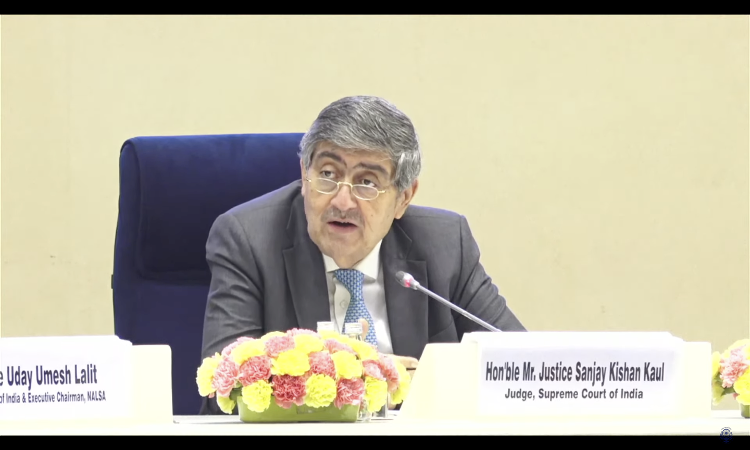Artist's Freedom Of Speech Cannot Be Disturbed Lightly : Justice Sanjay Kishan Kaul
Upasana Sajeev
26 Feb 2023 4:08 PM IST

Next Story
26 Feb 2023 4:08 PM IST
Speaking at the Hindu Lit for Life Event in Chennai, Supreme Court Judge Justice Sanjay Kishan Kaul said that in our constitutional scheme, the freedom of speech and expression weighs overwhelmingly in favour of the artist and cannot be disturbed lightly."In these uncertain and deeply polarised times there is a pressing need to rediscover and retain our public spaces, to facilitate...
